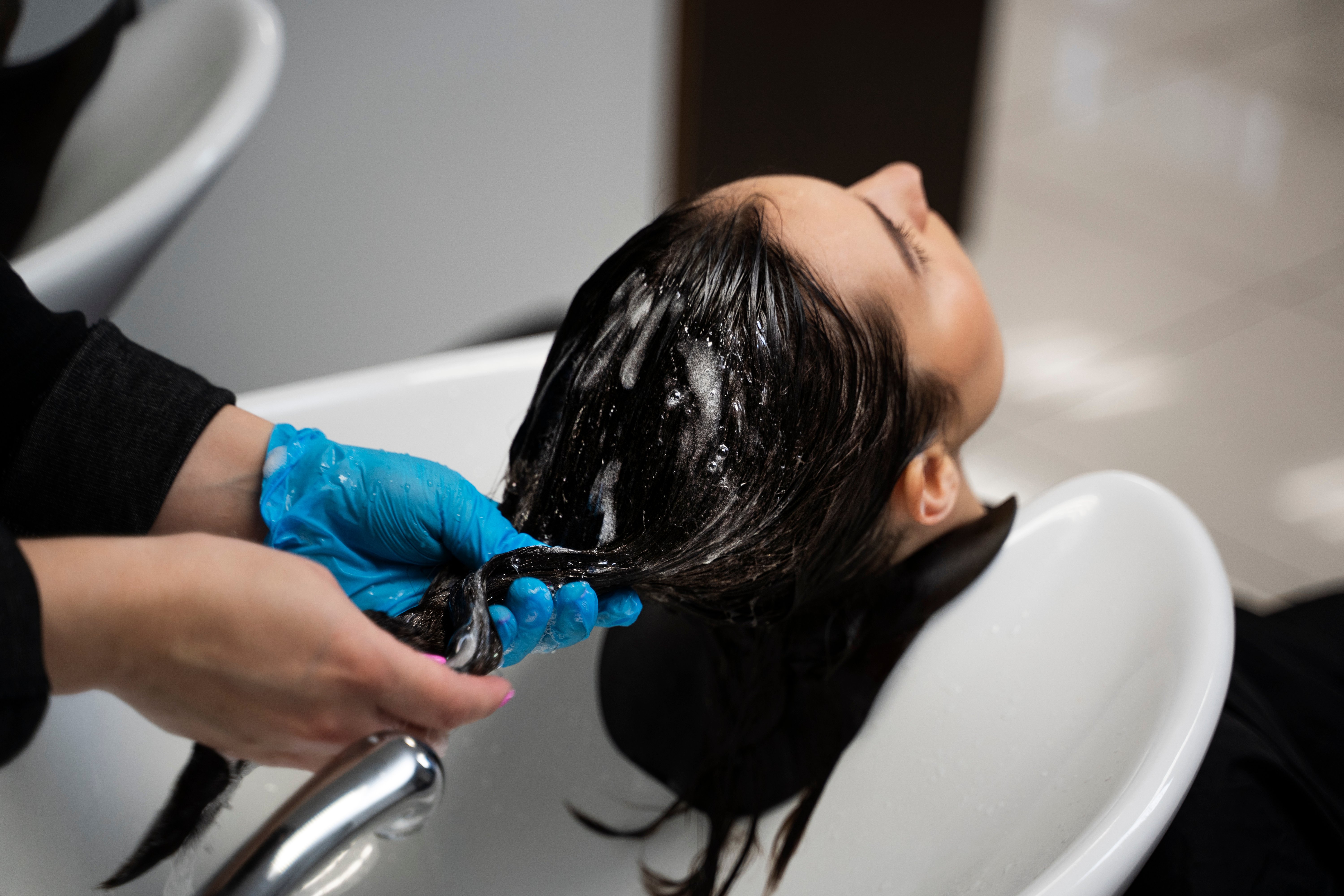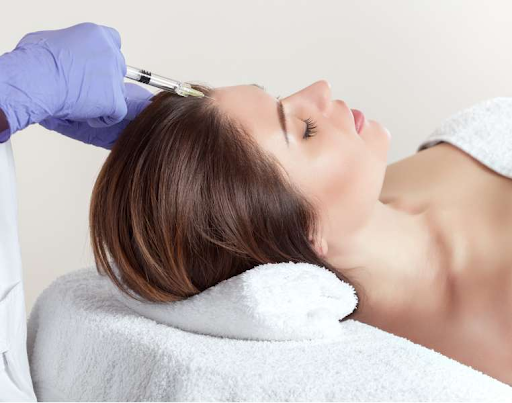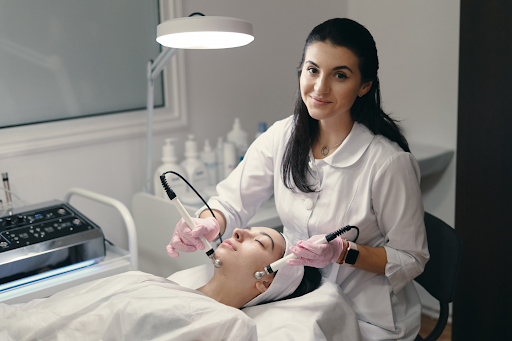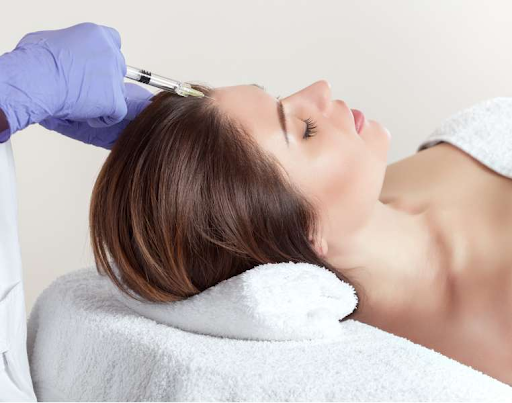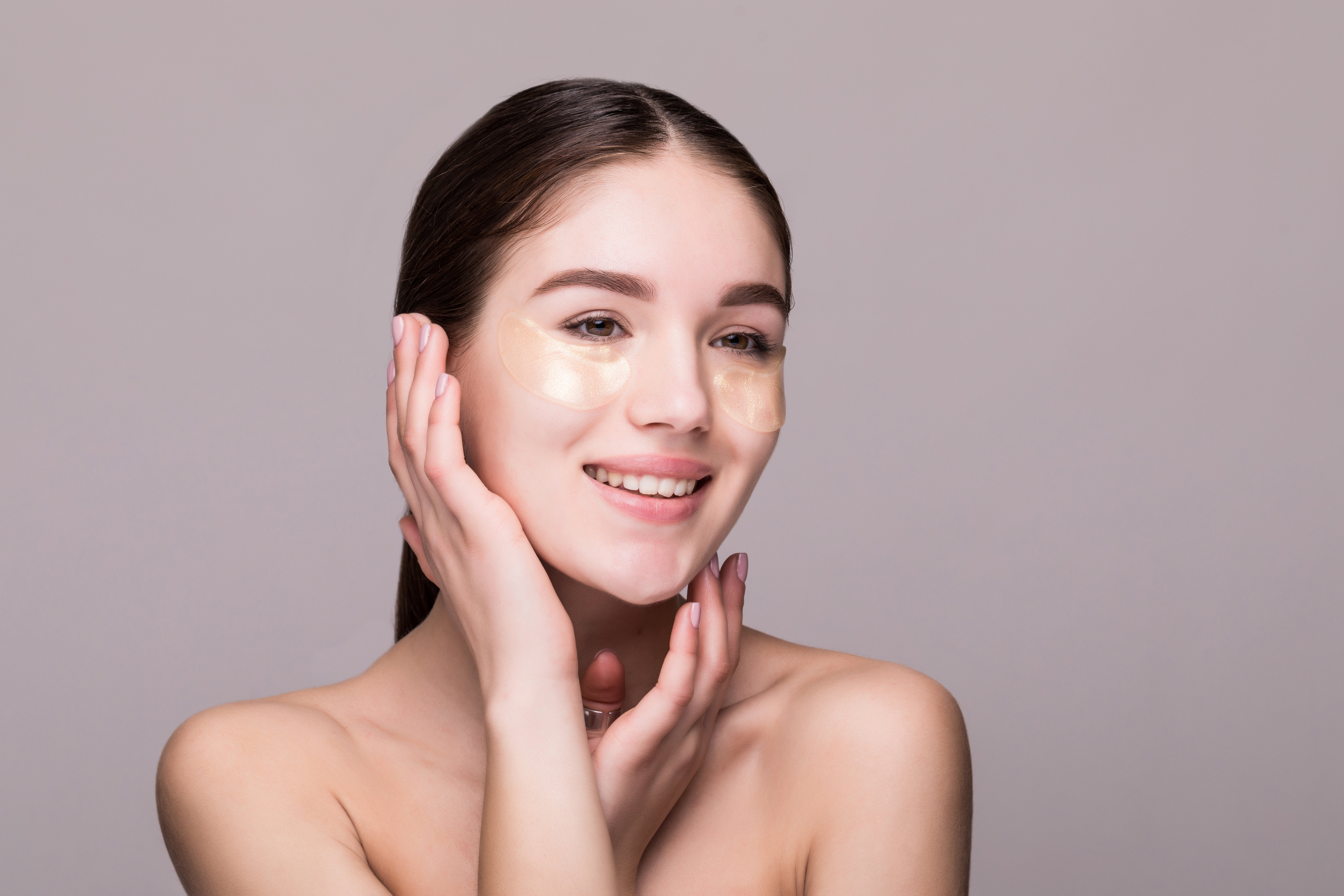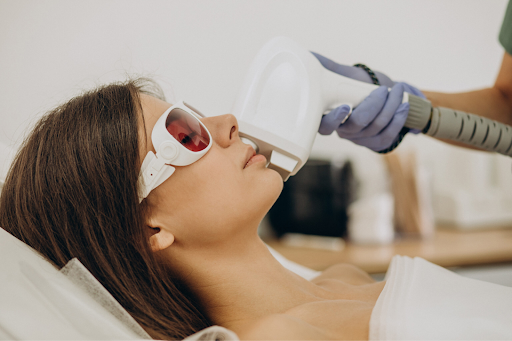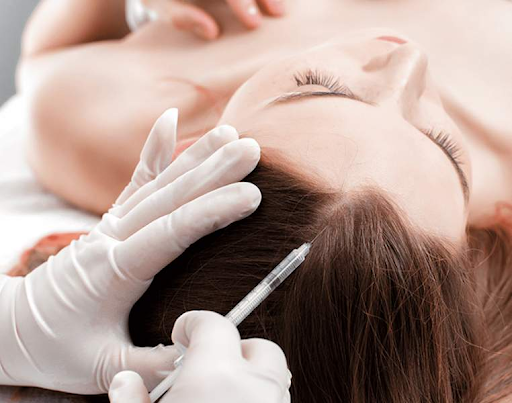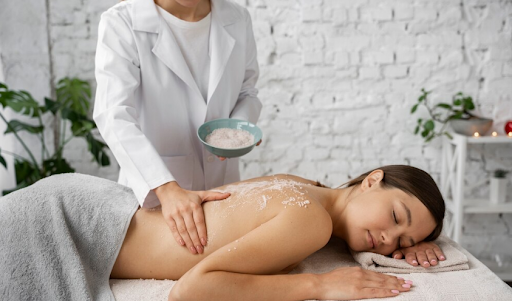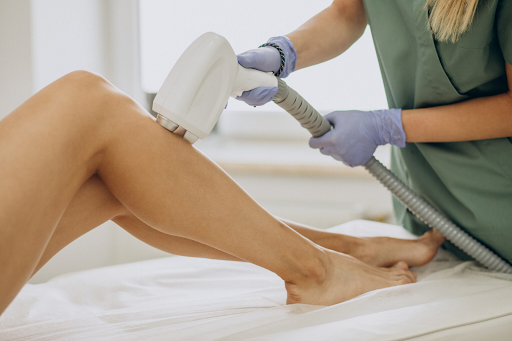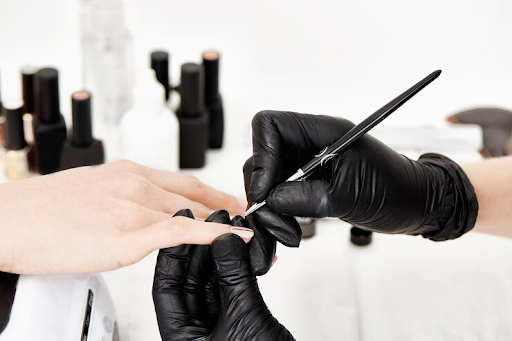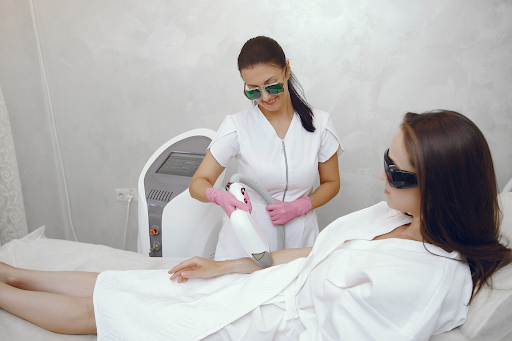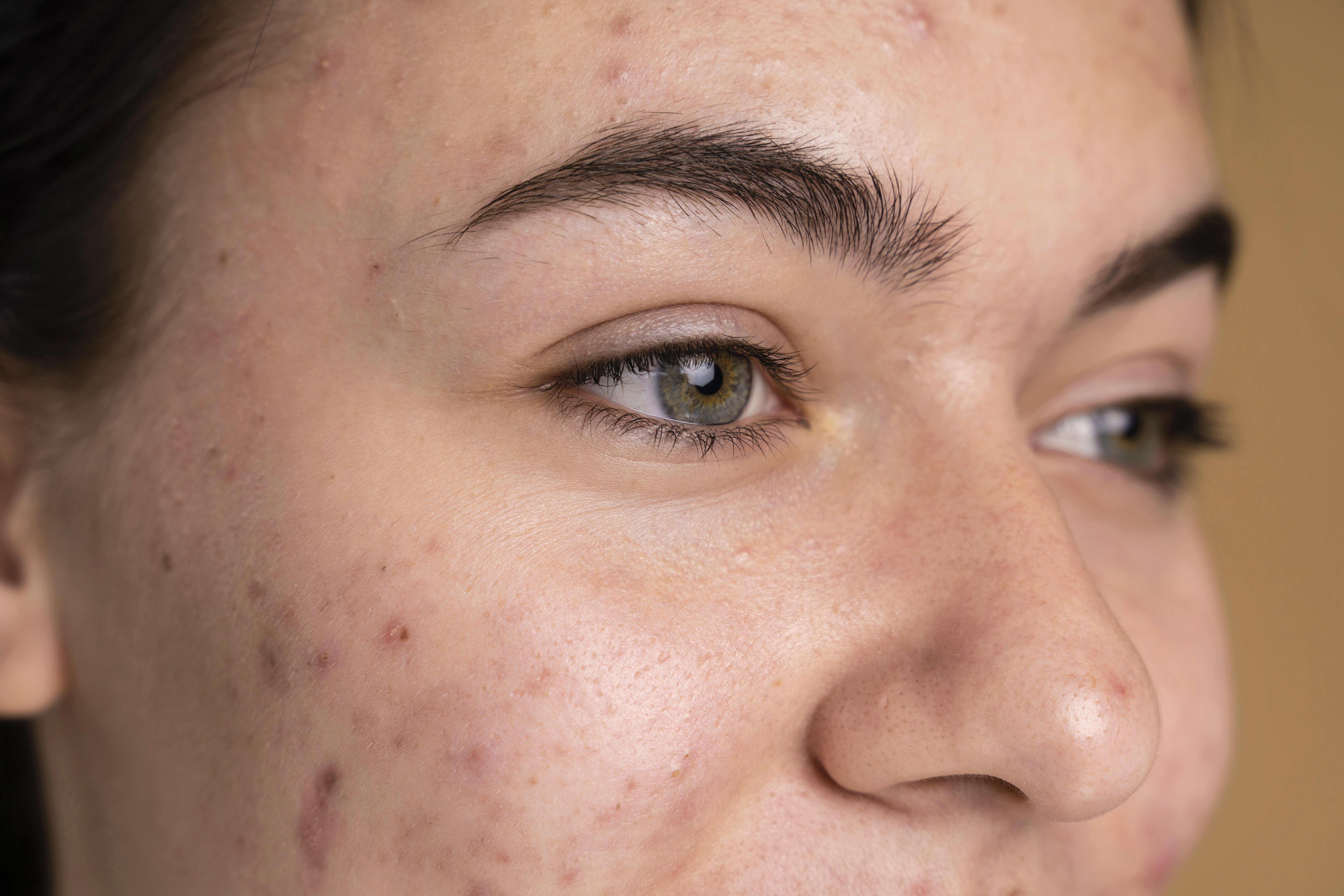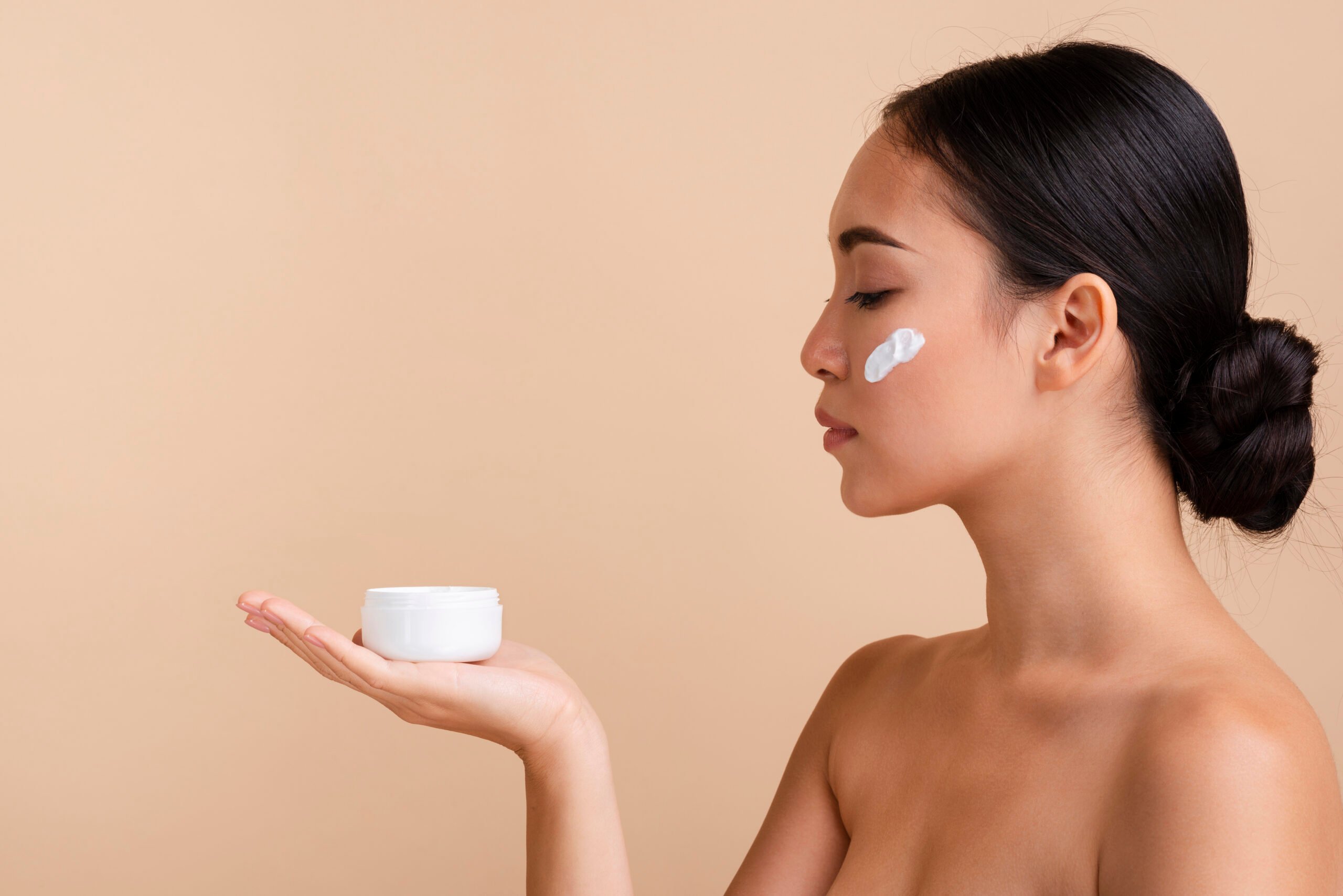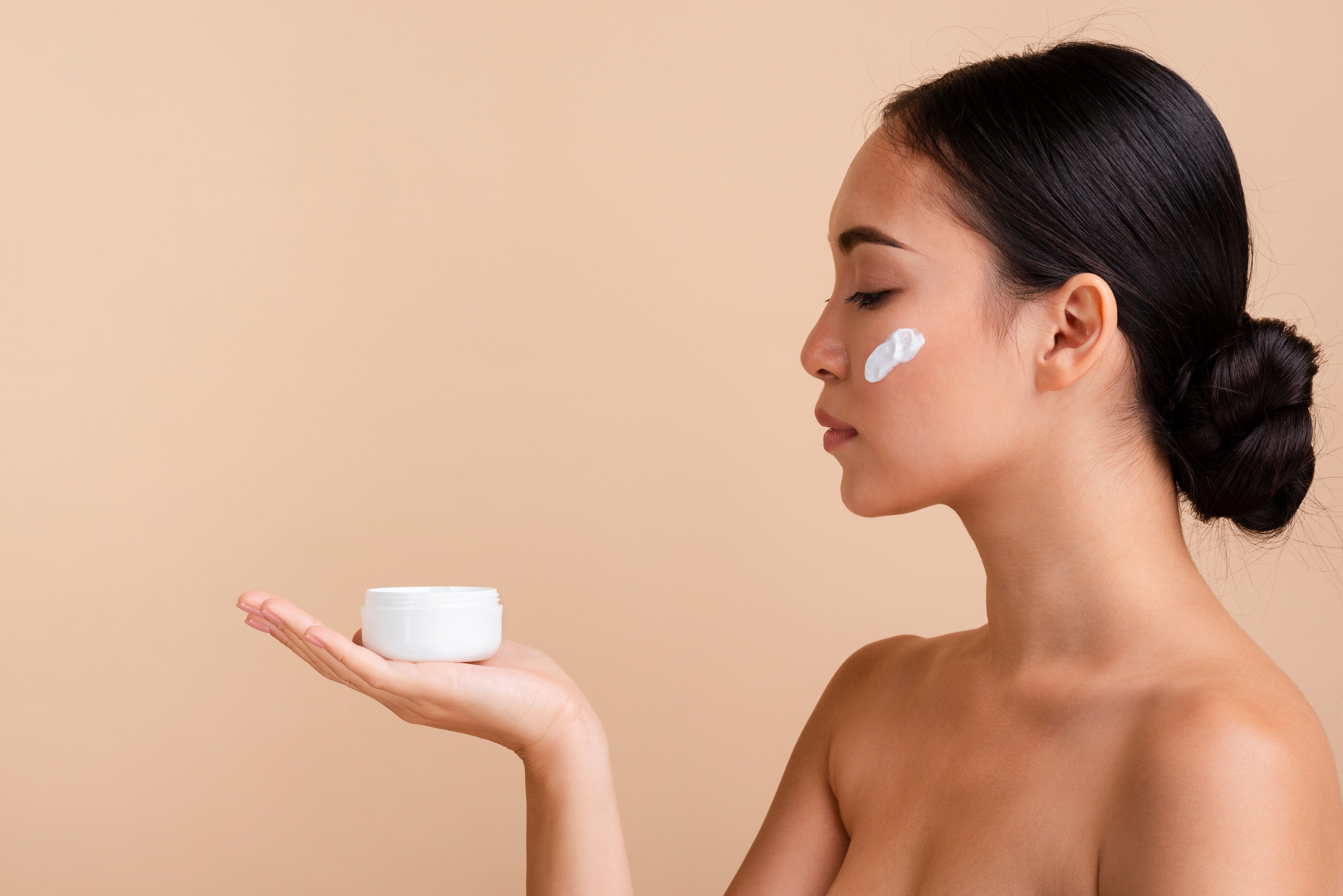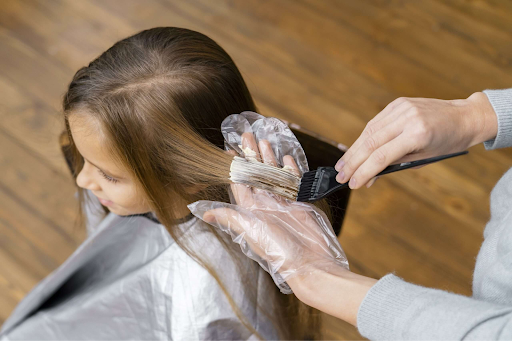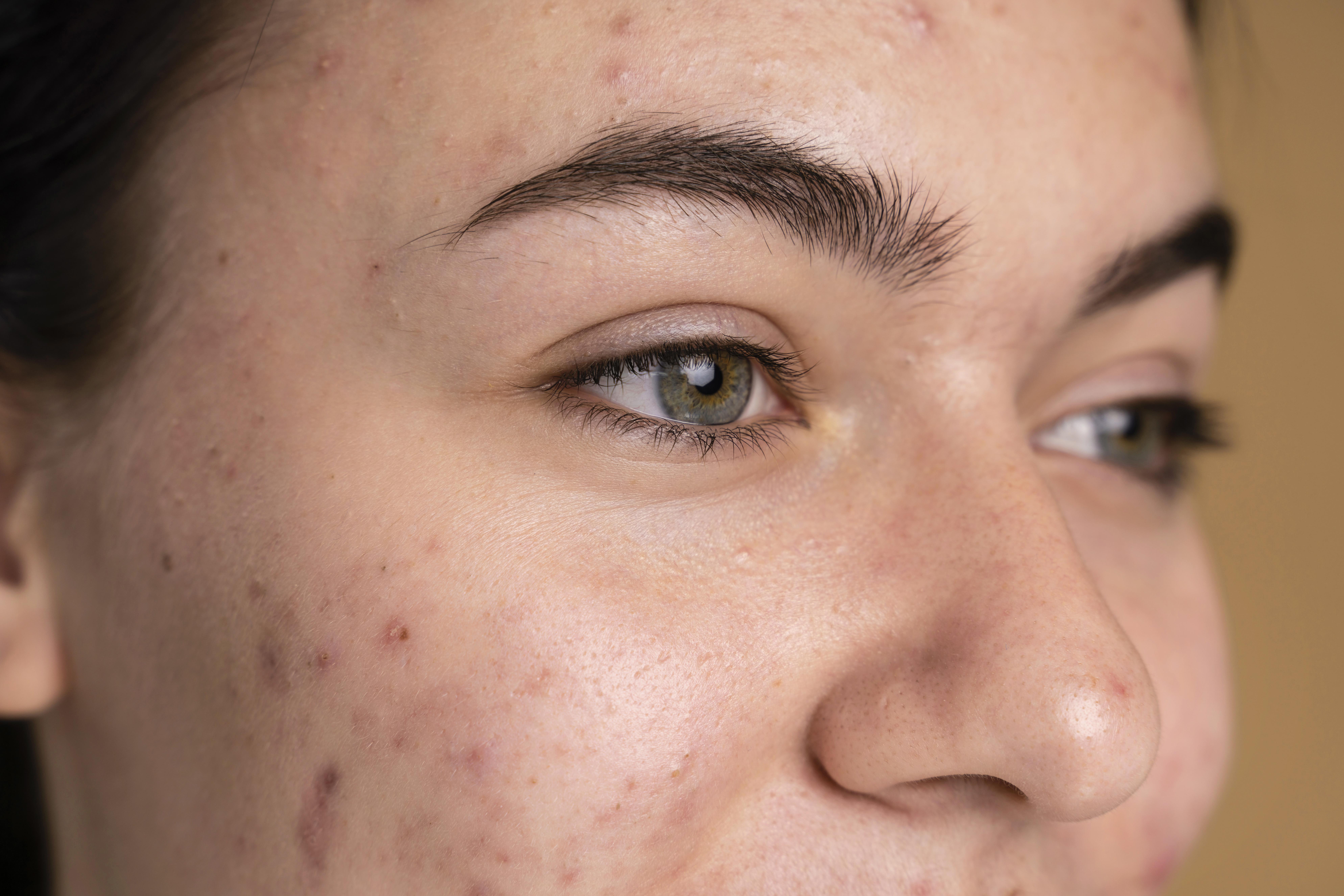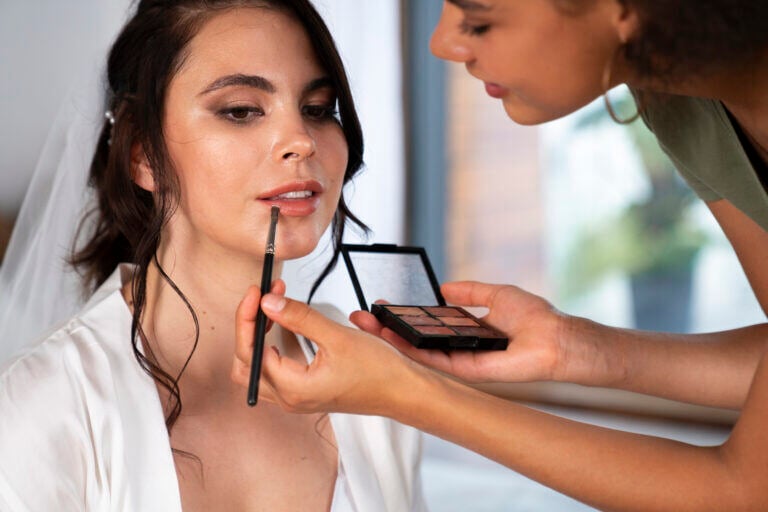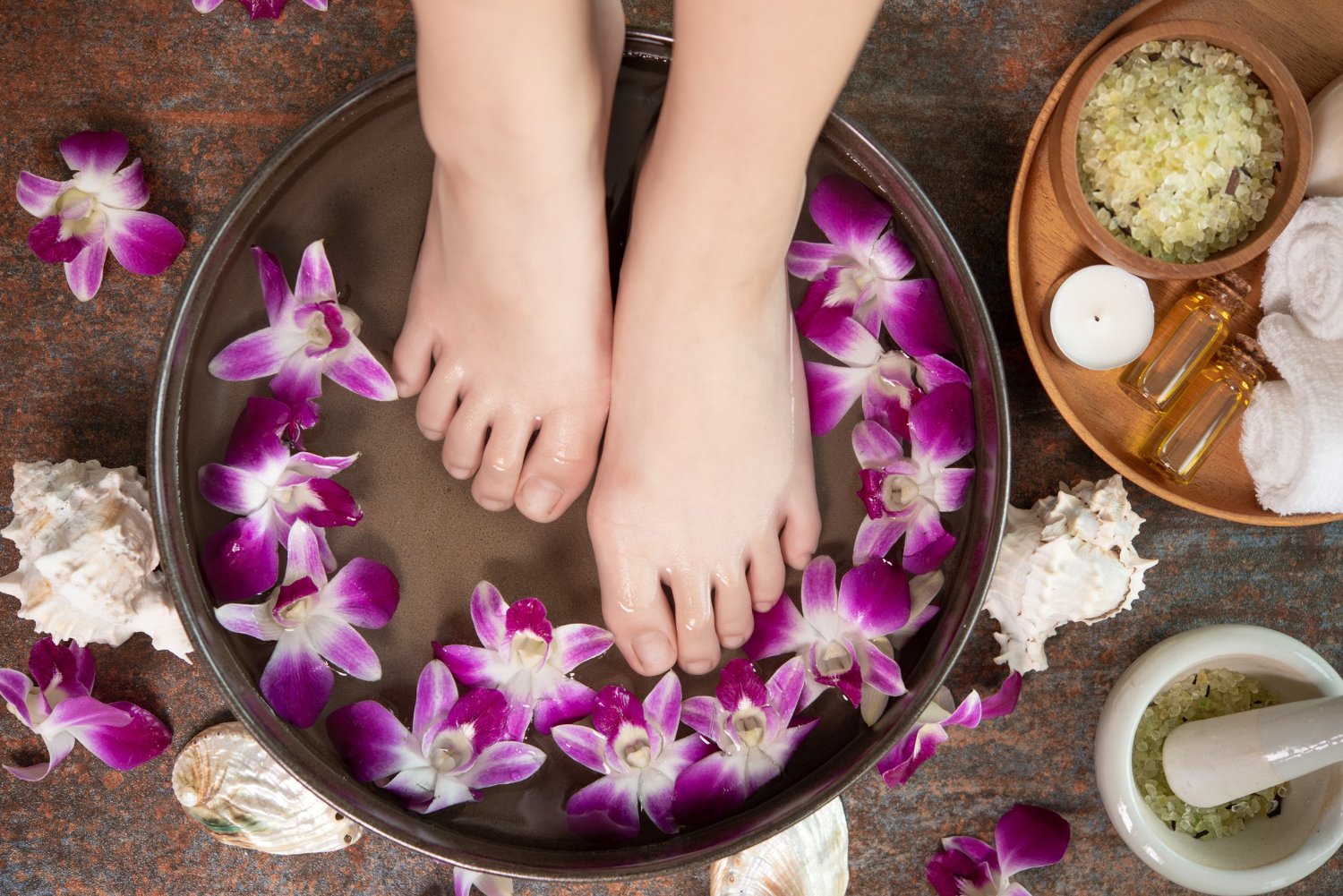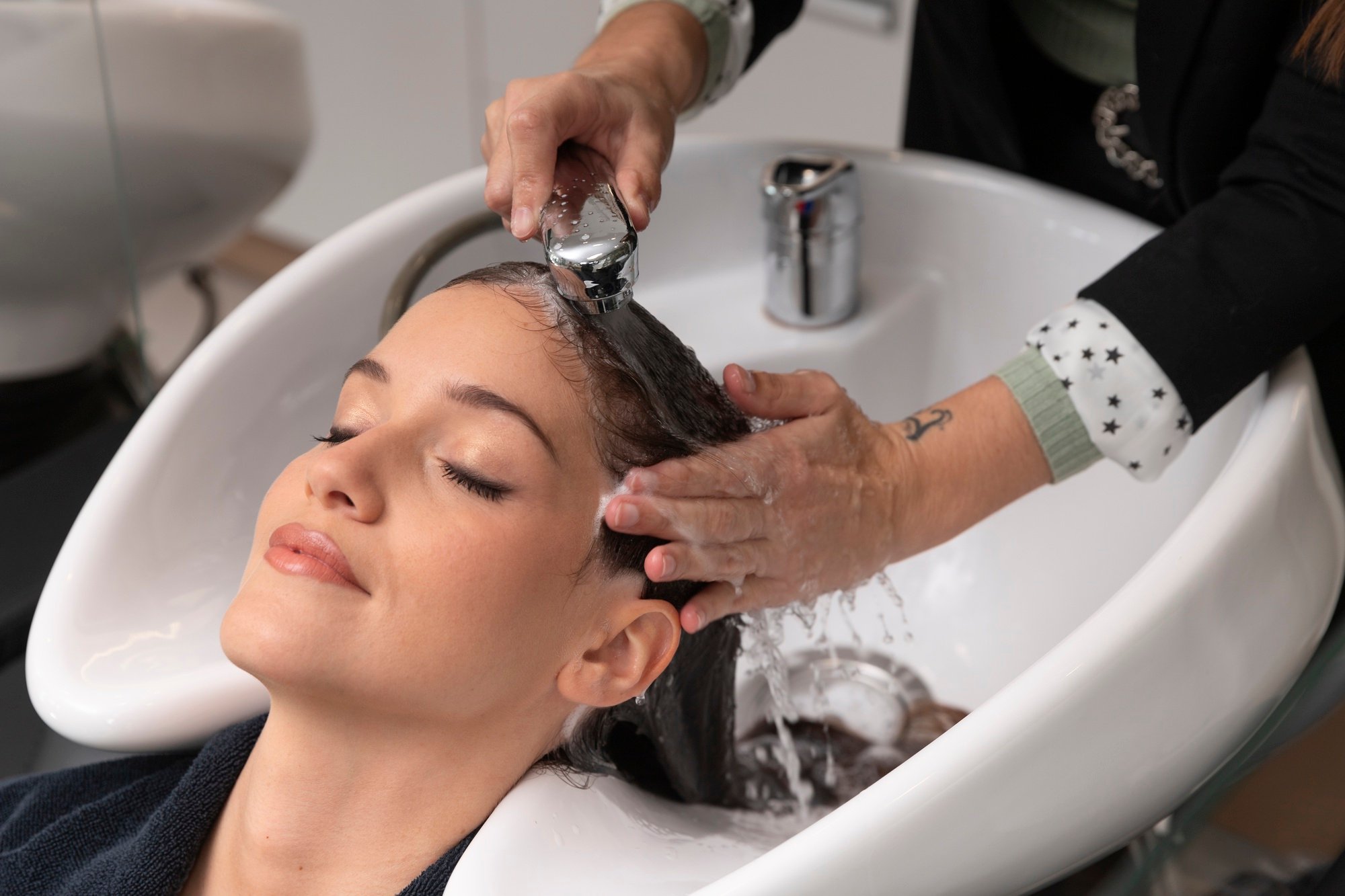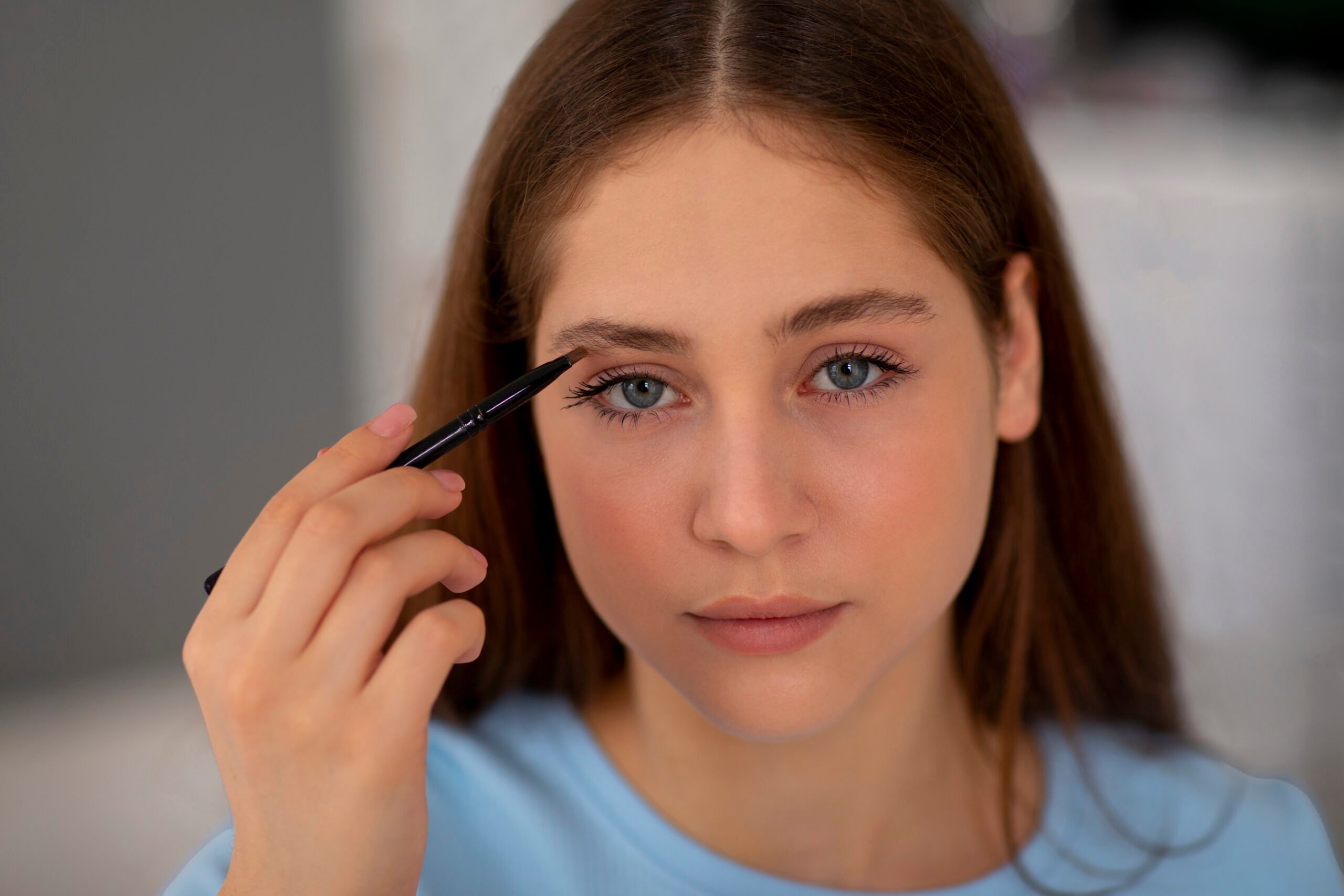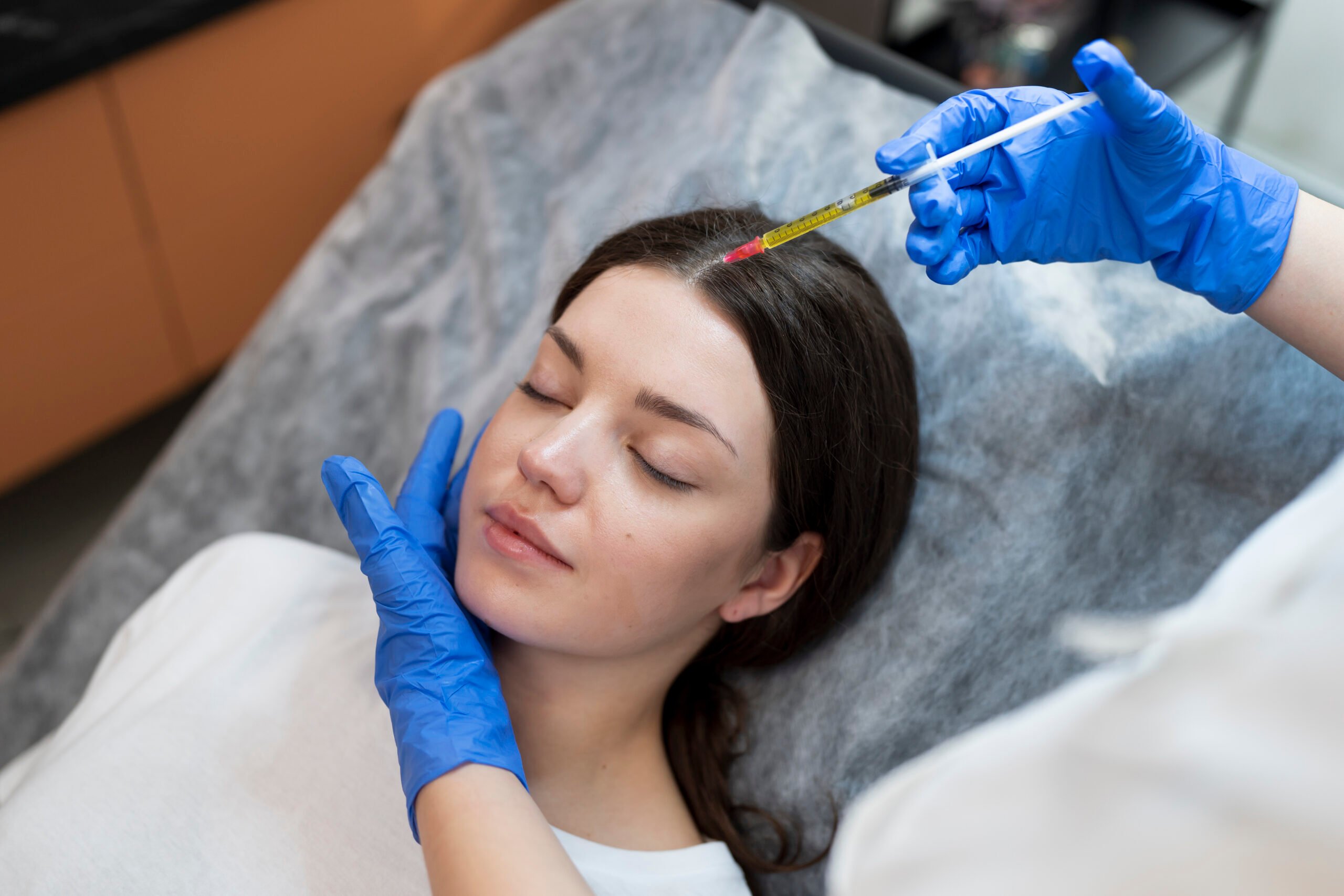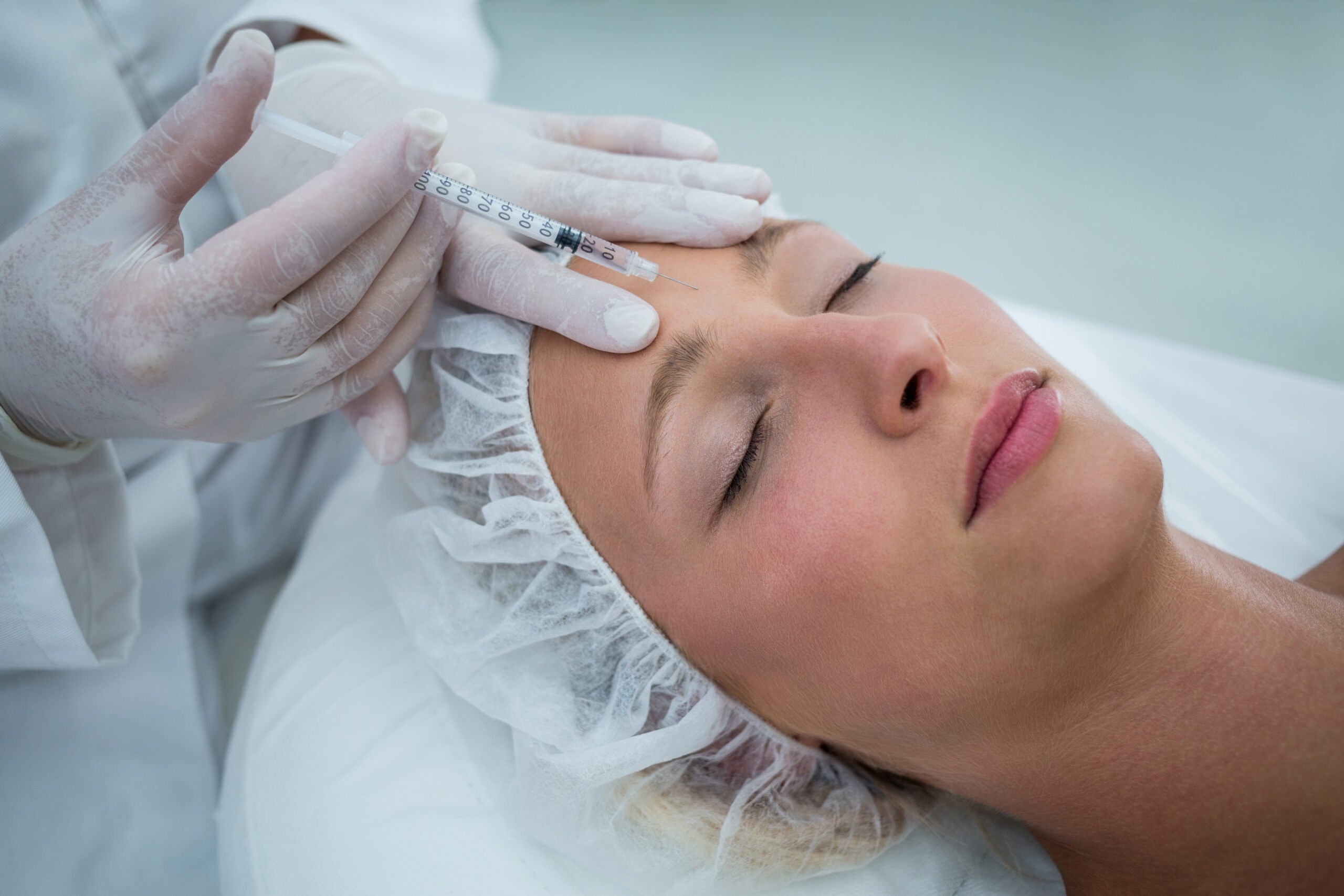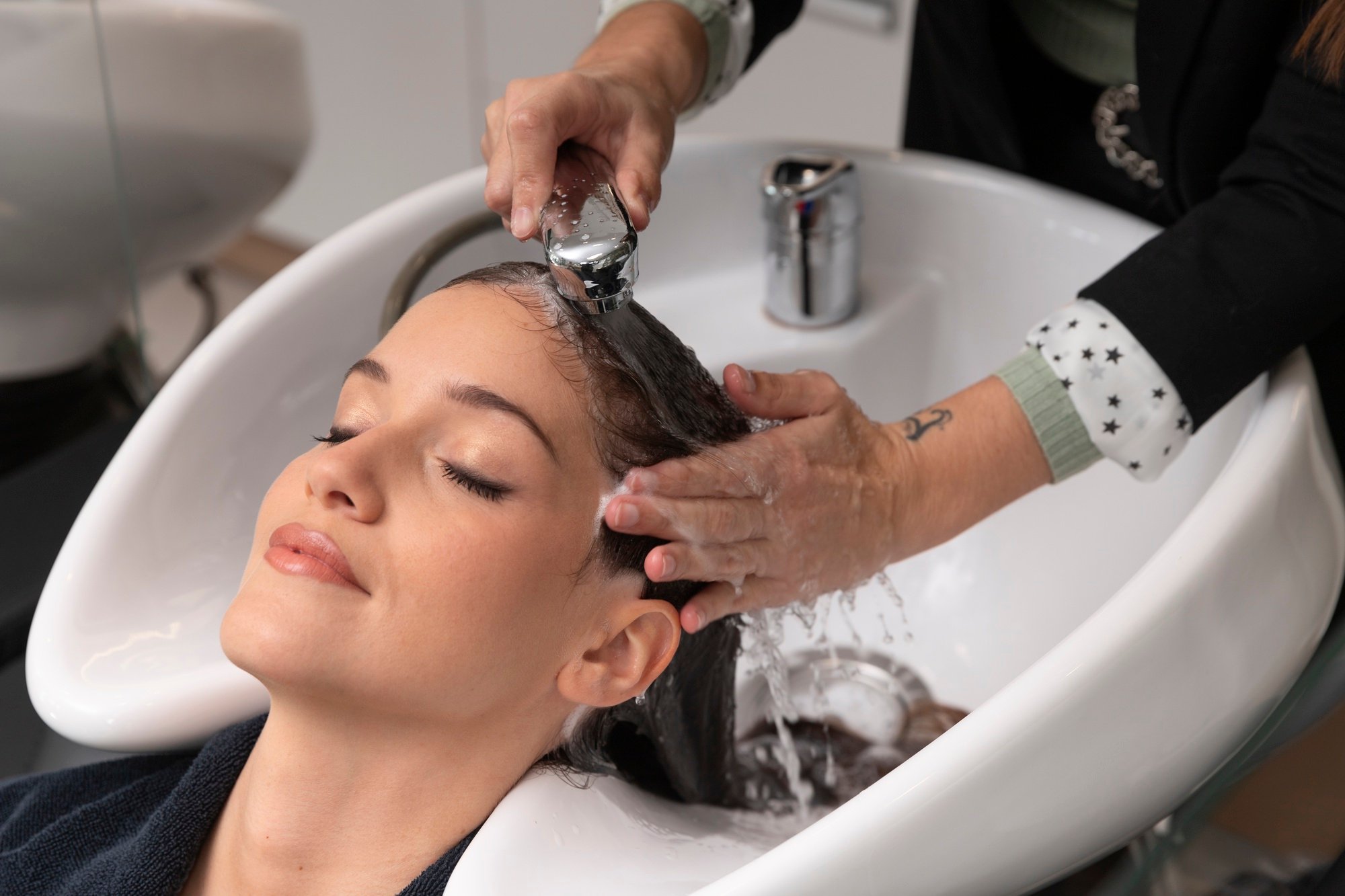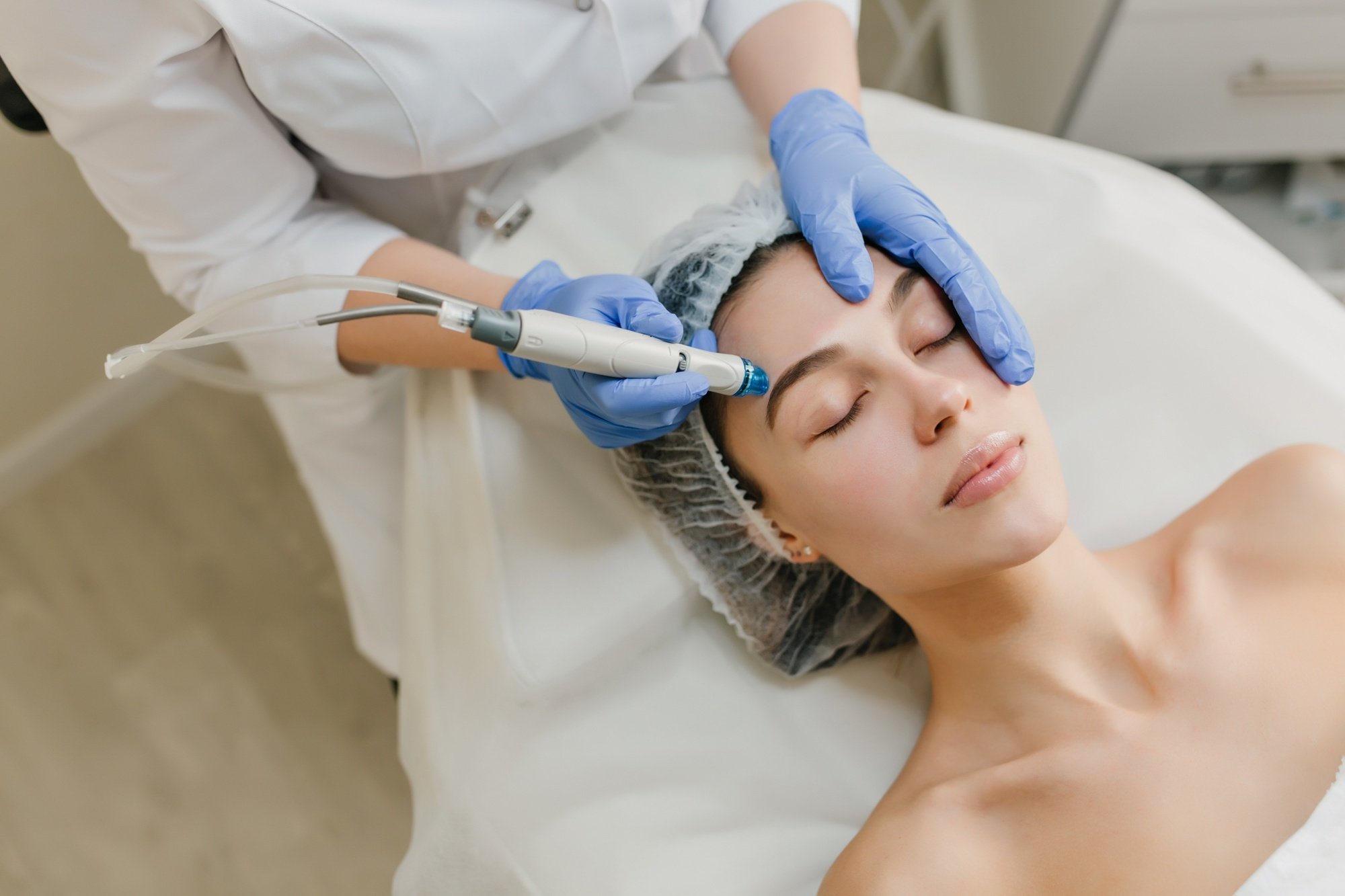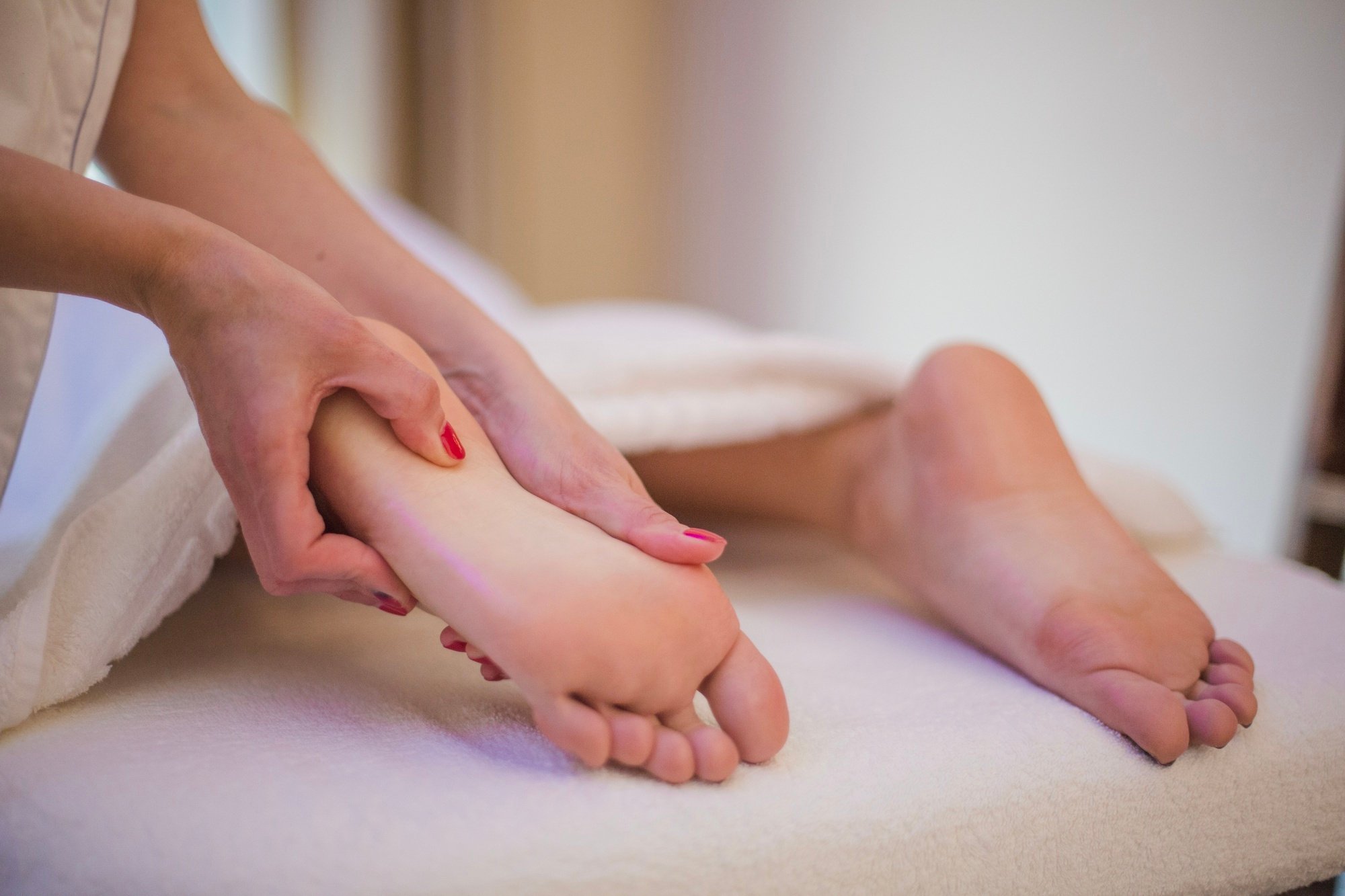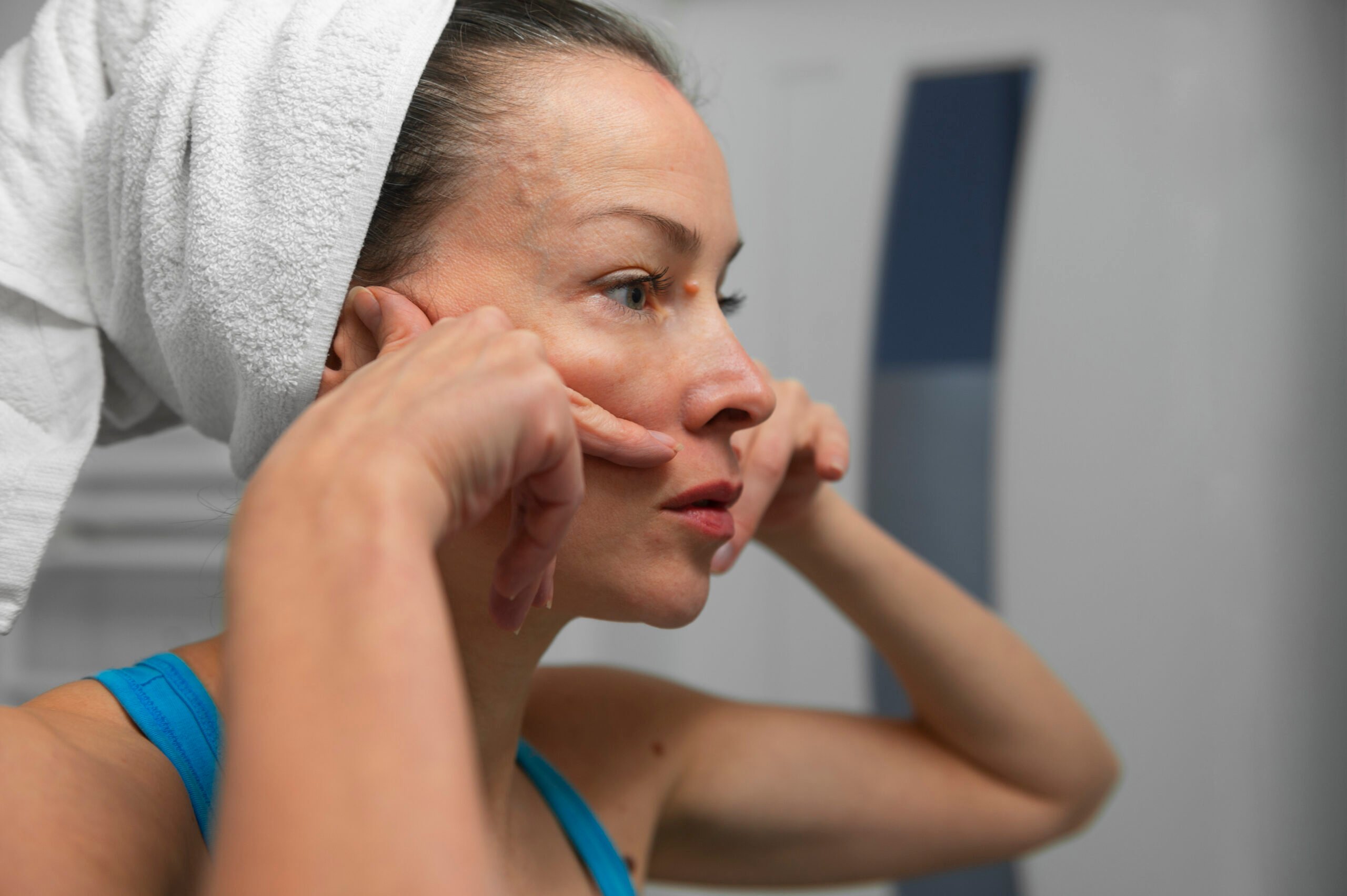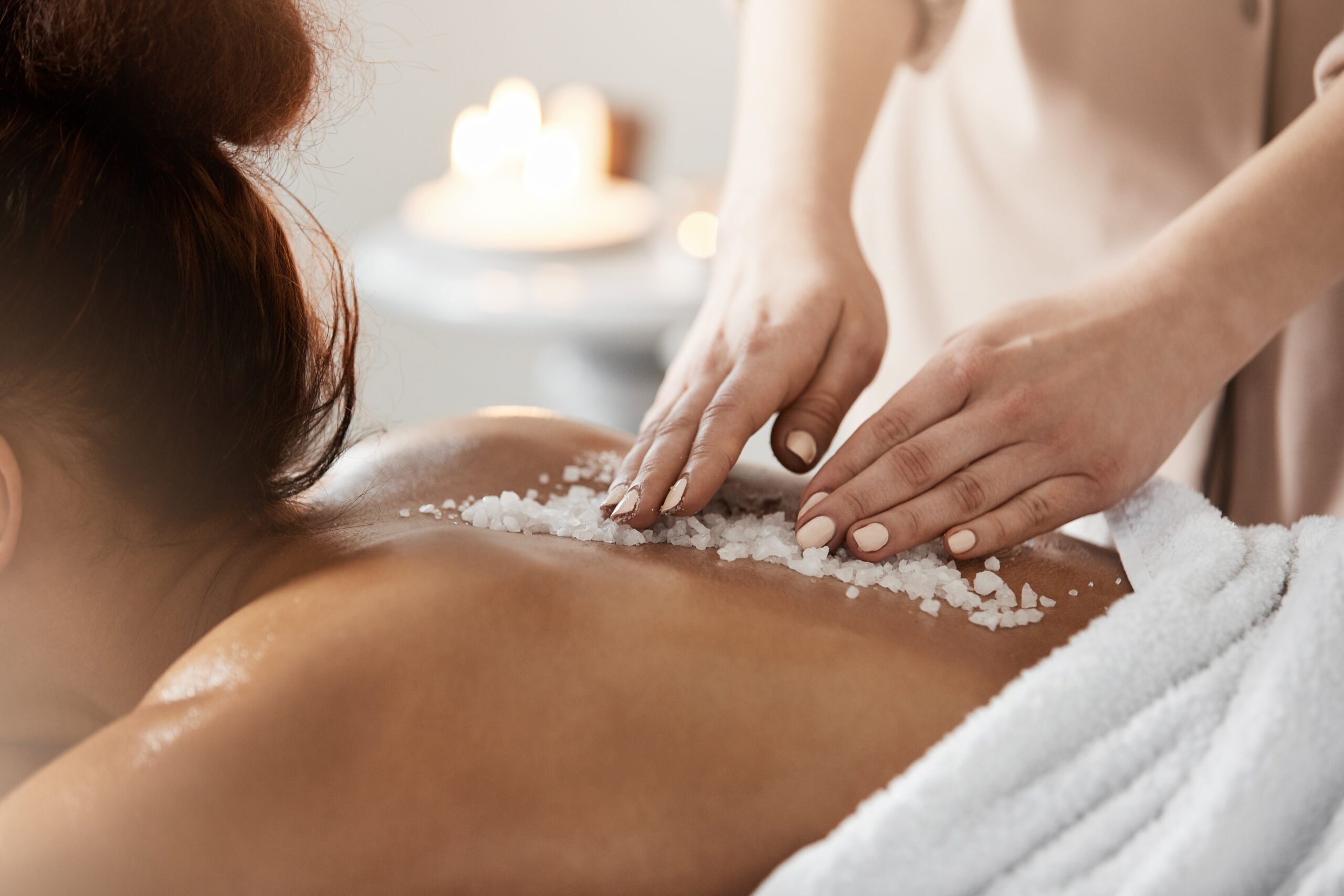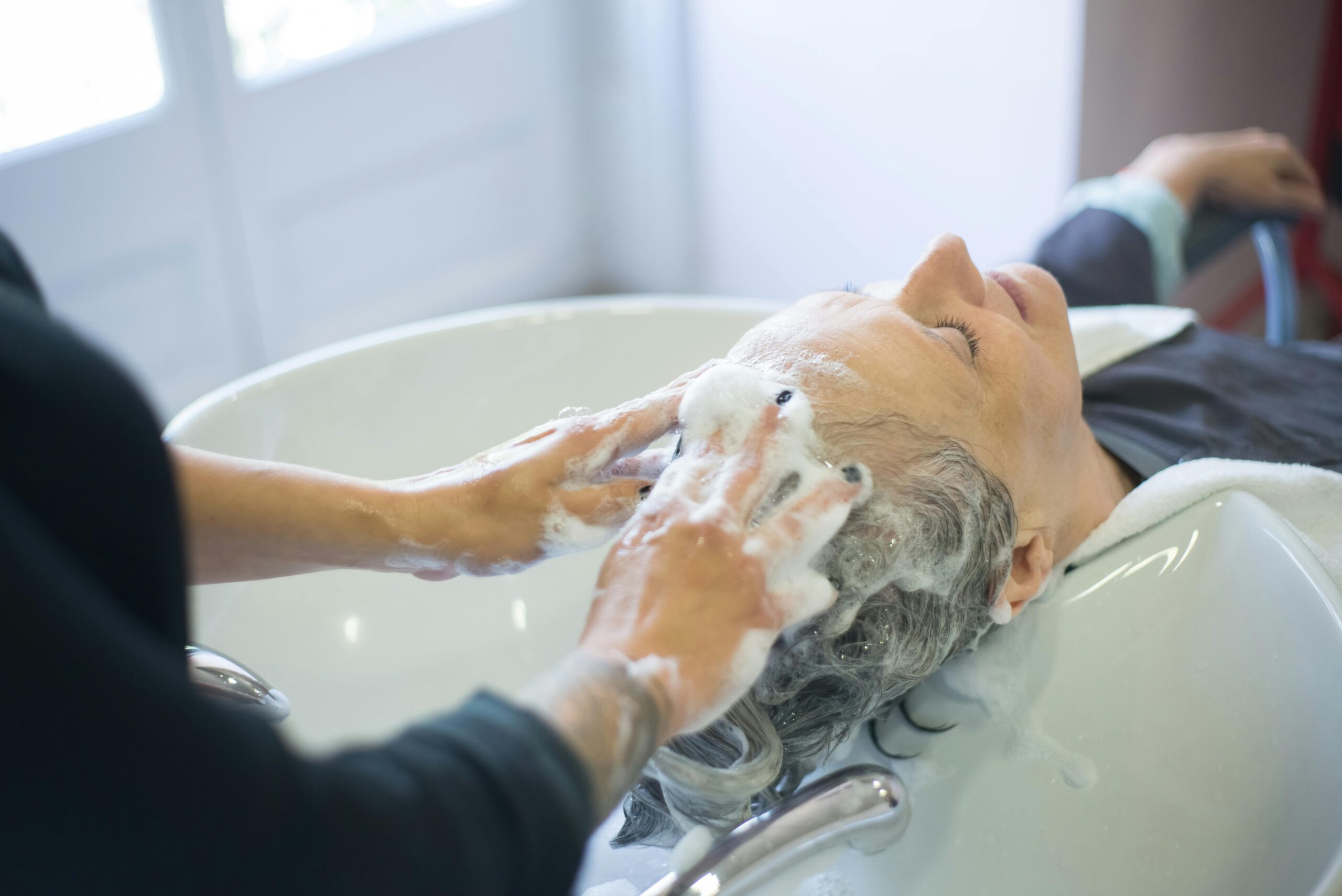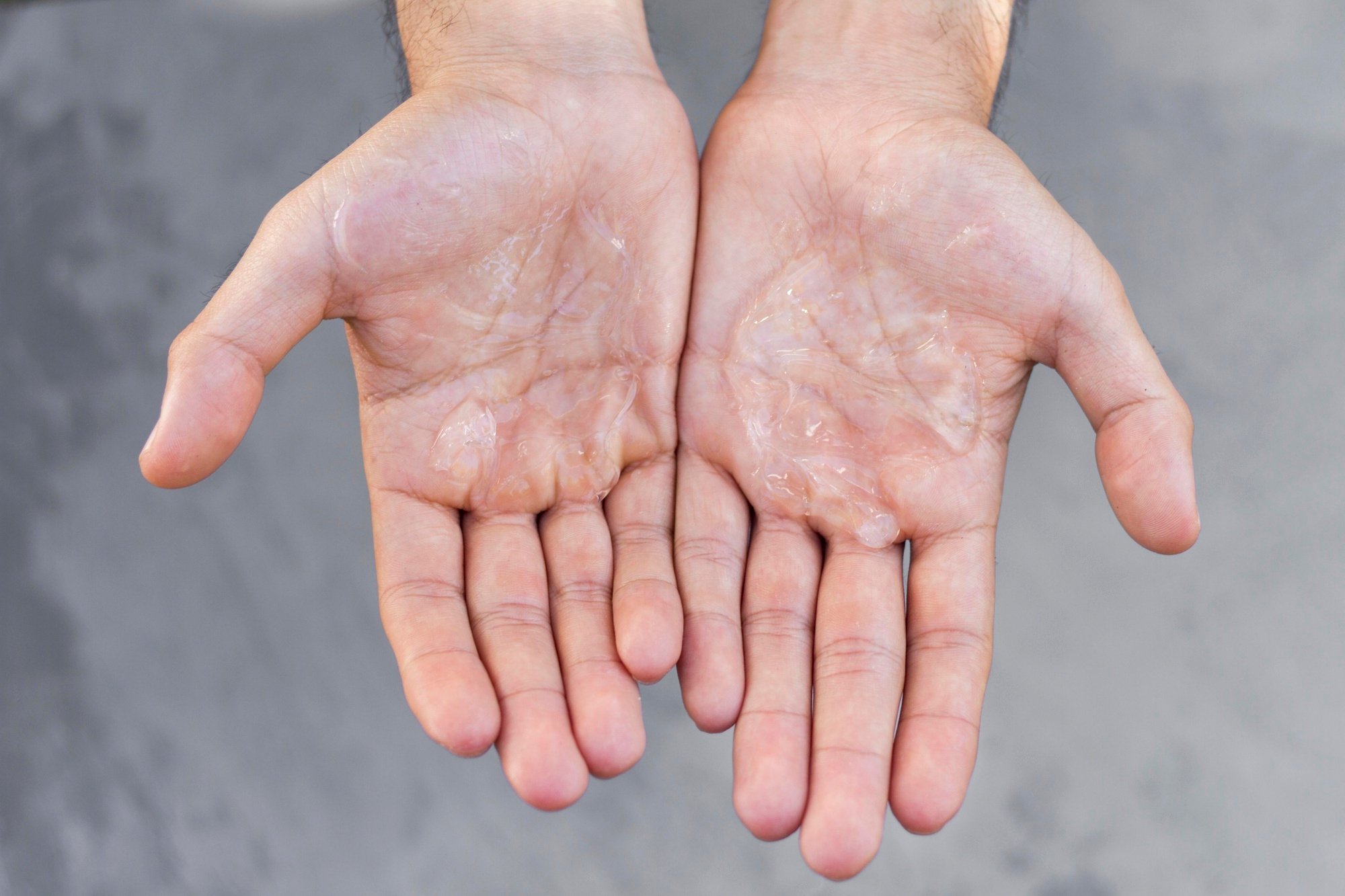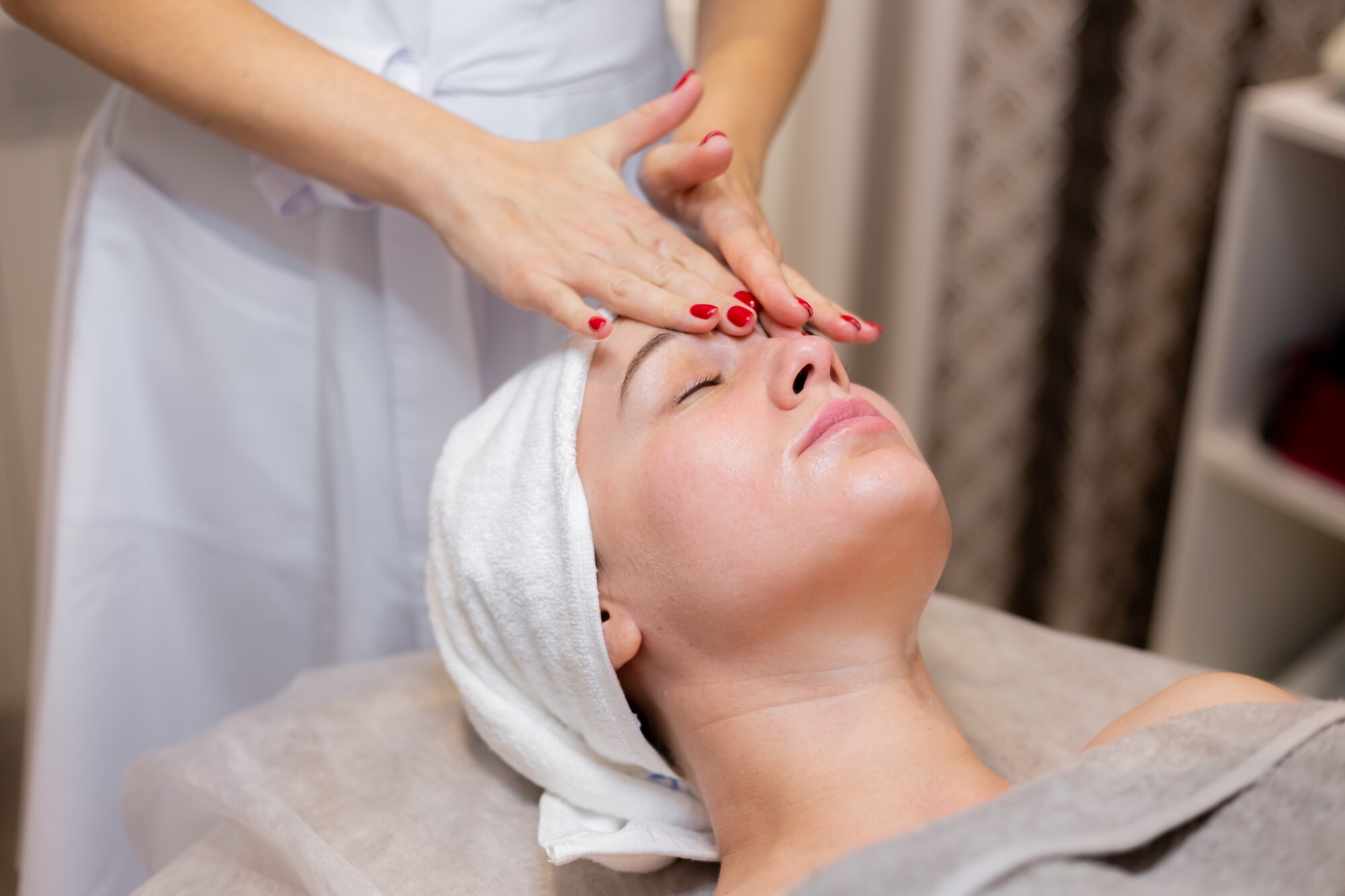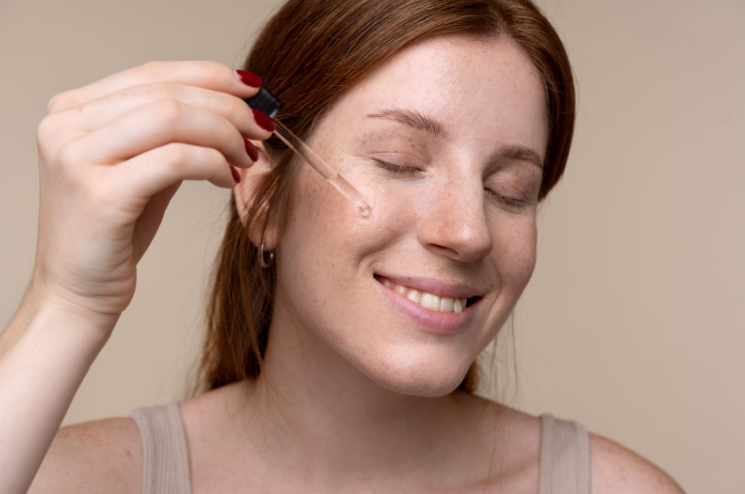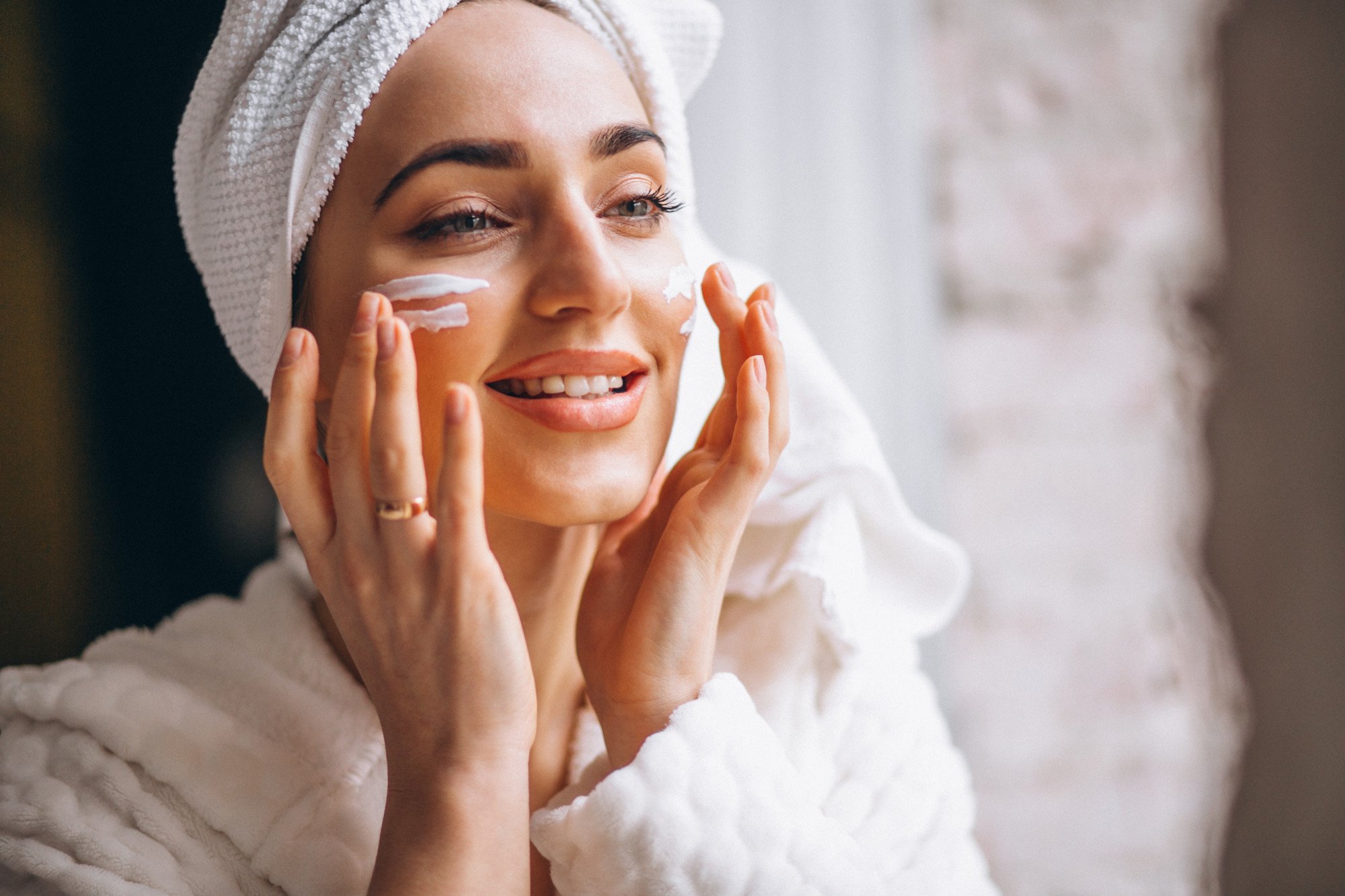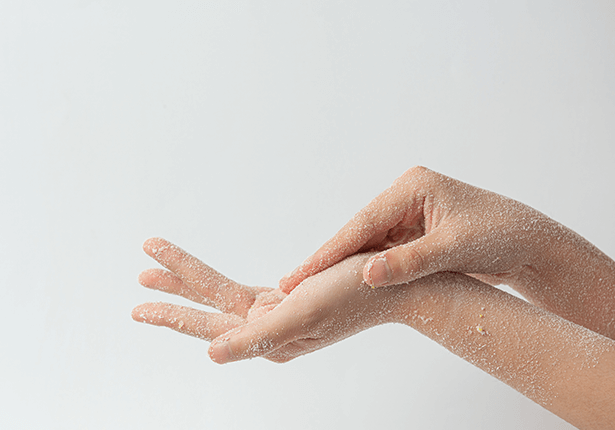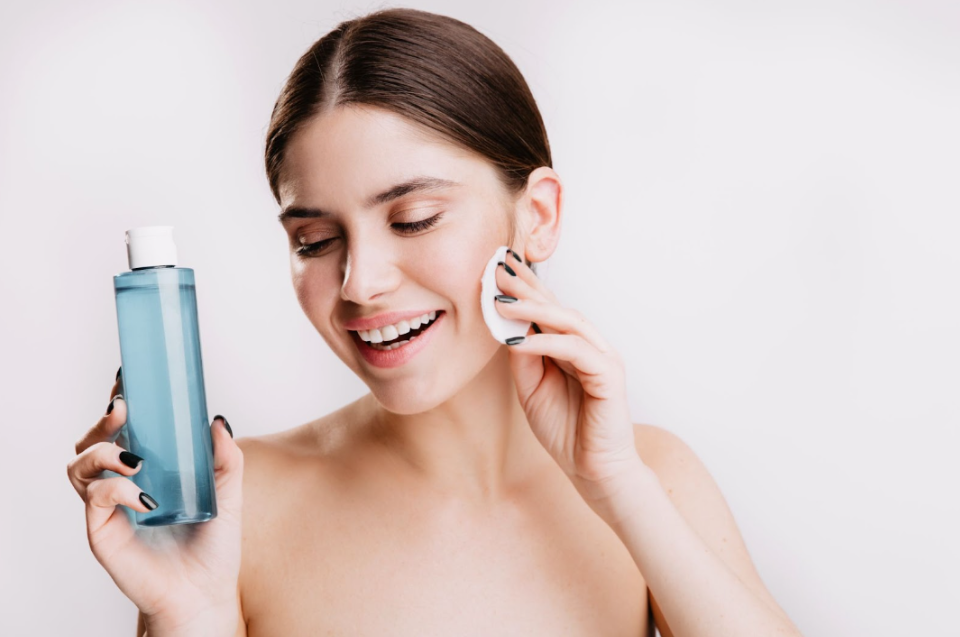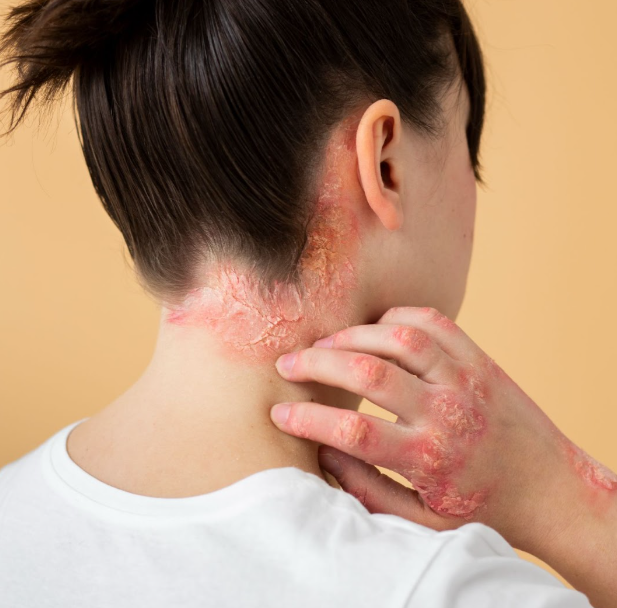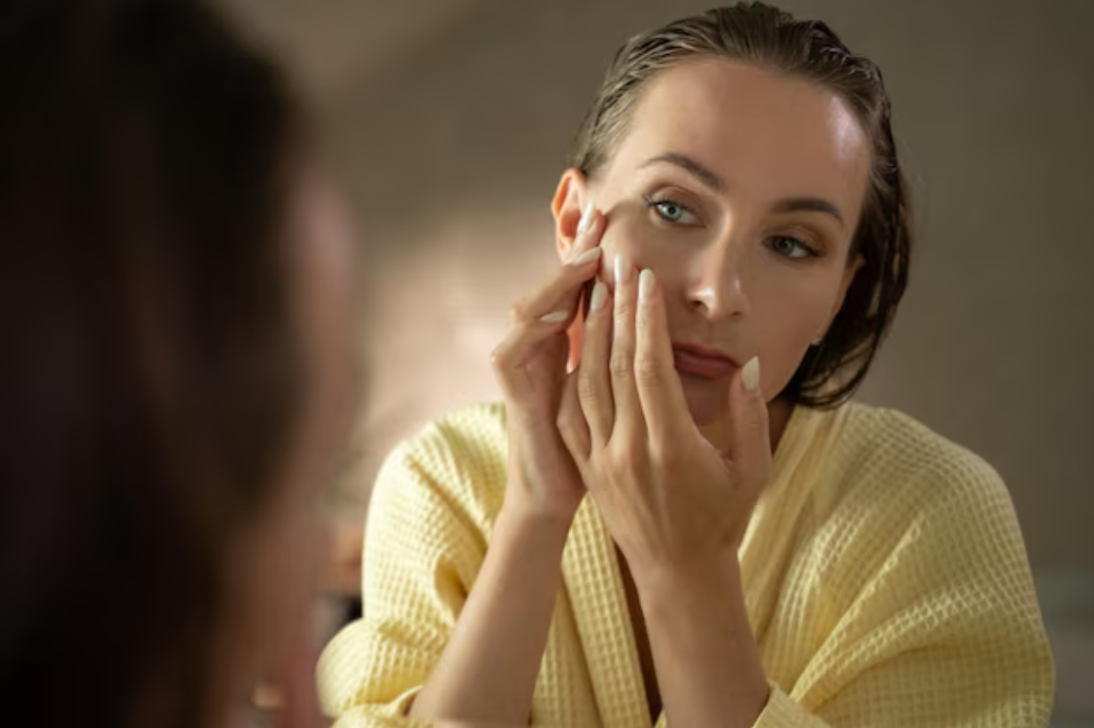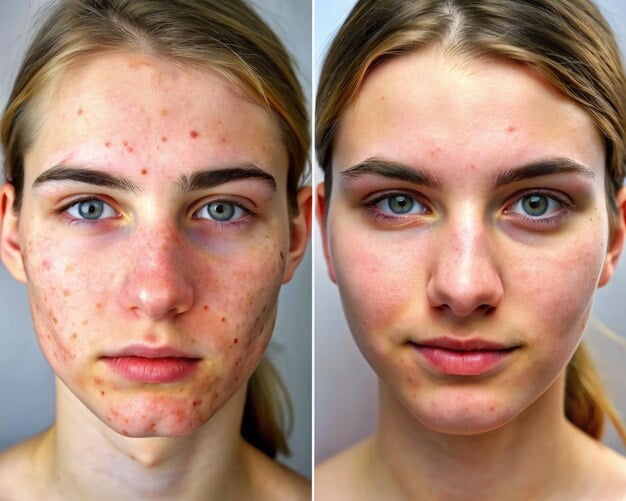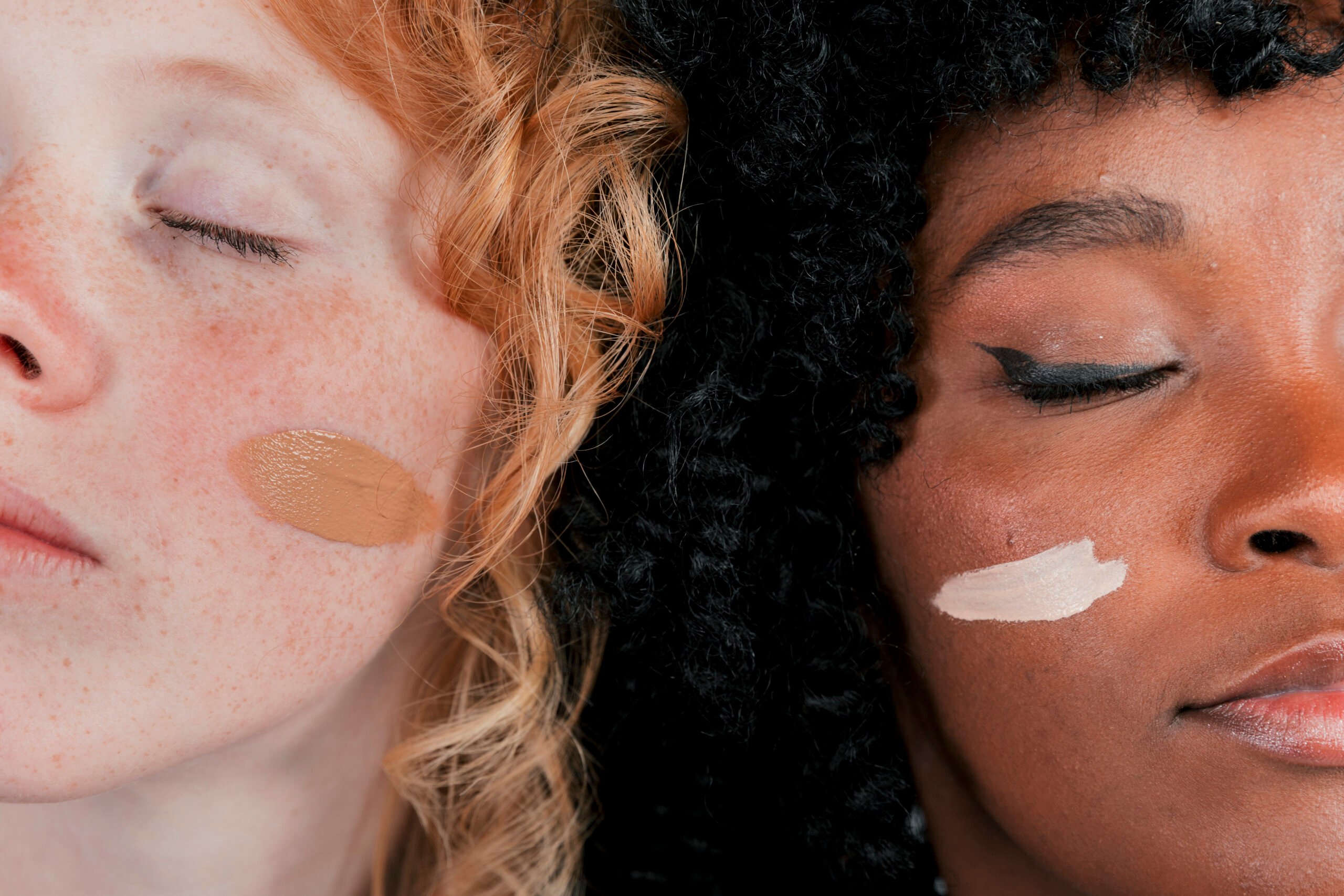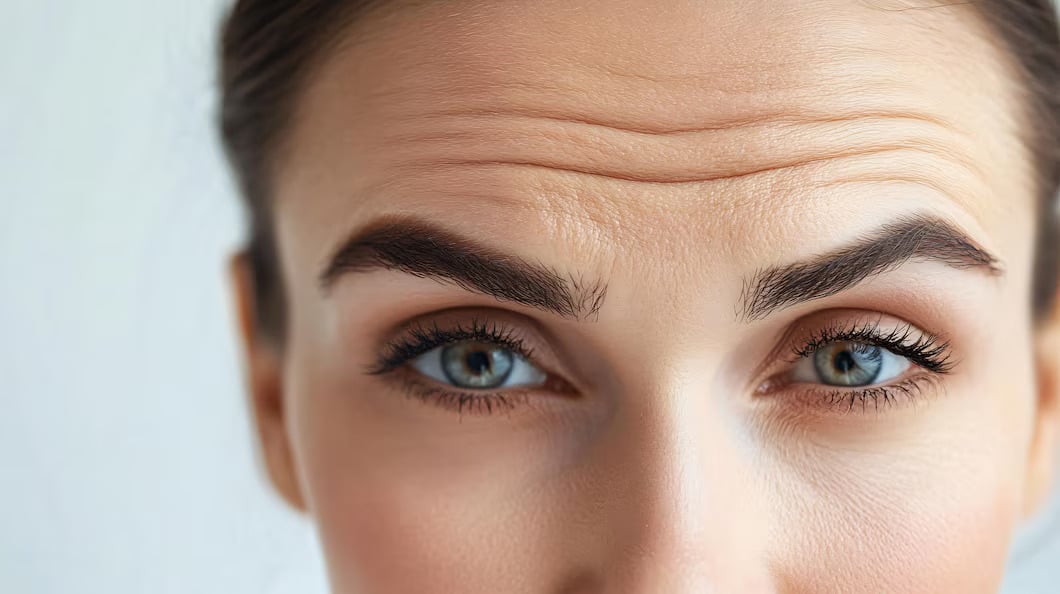Skin

Skin
How to Repair a Damaged Skin Barrier?
5 minutes read | 2 Apr 24
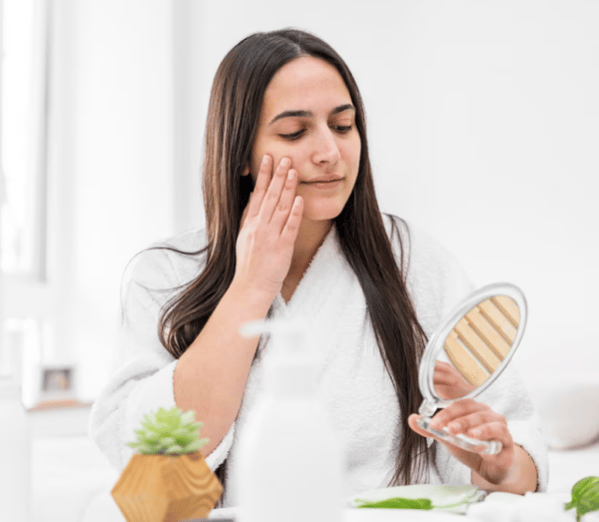
Our skin serves as our first line of defence against external aggressors such as pollution, UV rays, and harsh weather conditions. At the heart of this protective shield lies the skin barrier—a delicate balance of lipids, proteins, and moisture that keeps our skin healthy and radiant. However, factors like excessive cleansing, environmental stressors, and ageing can compromise this barrier, leading to dryness, irritation, and even conditions like eczema. In this guide, our experts delve into the intricacies of the skin barrier and provide practical tips on how to repair and rejuvenate it.
What is a Skin Barrier?
The skin barrier, also known as the stratum corneum, is the outermost layer of the epidermis. It consists of lipids, primarily ceramides, cholesterol, and fatty acids, which form a protective barrier against moisture loss and external irritants. Additionally, this barrier regulates water retention, maintains pH balance, and prevents the penetration of harmful substances into the skin.
What Can Damage Your Skin Barrier?
There are many factors that can compromise the integrity of the skin barrier, disrupting its functionality and leaving the skin vulnerable to damage:
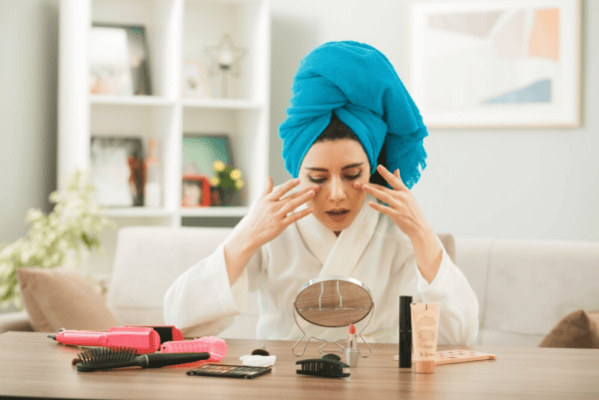
Harsh Cleansers
Overuse of harsh cleansers containing sulfates and alcohol can strip away natural oils and disrupt the lipid barrier.
Environmental Stressors
Exposure to pollution, UV radiation, and extreme weather conditions can weaken the skin barrier and cause oxidative stress.
Over-Exfoliation
Excessive exfoliation, whether physical or chemical, can remove the protective layer of dead skin cells, leading to inflammation and sensitivity.
Ageing
As we age, the production of essential lipids and proteins decreases, resulting in a weakened skin barrier and increased susceptibility to damage.
Poor Nutrition
Inadequate intake of essential fatty acids and antioxidants can compromise the skin barrier's integrity and impair its ability to retain moisture.
How Can You Identify a Damaged Skin Barrier?
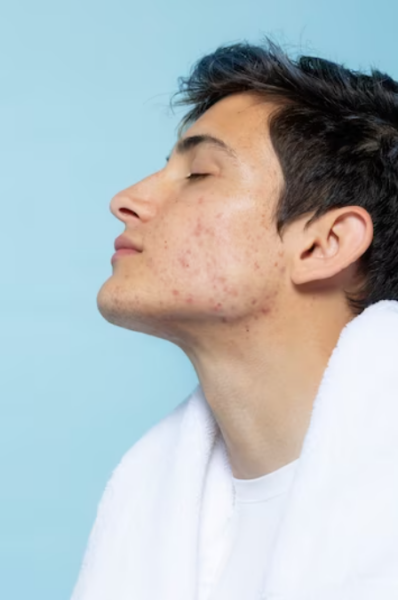
A damaged skin barrier often manifests through various signs and symptoms:
Dryness and Tightness
A compromised skin barrier fails to retain moisture, leading to dry, tight-feeling skin, especially after cleansing.
Sensitivity and Irritation
Increased sensitivity to skincare products, environmental irritants, and a tendency to develop redness, itching, or stinging sensations.
Flakiness and Rough Texture
Loss of the skin's natural smoothness and the appearance of flaky patches or rough, uneven skin texture.
Breakouts:
A weakened skin barrier can disrupt the skin's microbiome, leading to an imbalance that predisposes to acne breakouts or inflammation.
Increased Trans-Epidermal Water Loss (TEWL):
A damaged skin barrier loses its ability to retain moisture, resulting in increased water loss through the skin, which can exacerbate dryness and dehydration.
How to Fix the Skin Barrier?
Repairing a damaged skin barrier requires a holistic approach aimed at restoring balance and strengthening the skin's natural defences:
Gentle Cleansing
Opting for a mild cleanser is crucial as it ensures that the skin is effectively cleansed without stripping away its natural oils. Additionally, consider double cleansing with an oil-based cleanser followed by a water-based one to thoroughly remove impurities while maintaining skin hydration.
Moisturise Regularly
Moisturising is a cornerstone of any skincare routine, especially when it comes to repairing a damaged skin barrier. Choose moisturisers formulated with ceramides, hyaluronic acid, and emollients to effectively replenish moisture and strengthen the lipid barrier. Emollients such as shea butter and squalane help to seal in moisture and restore the skin's suppleness, providing relief to dry, compromised skin.
Avoid Over-Exfoliation
While exfoliation is beneficial for promoting cell turnover and maintaining a healthy complexion, over-exfoliation can exacerbate a damaged skin barrier. Limit exfoliation to 1-2 times per week and consider incorporating physical exfoliants with soft, rounded particles to provide gentle mechanical exfoliation without damaging the skin barrier.
Protect from UV Damage
Sun exposure is one of the leading causes of skin damage, including barrier impairment, premature ageing, and increased risk of skin cancer. To protect your skin barrier from UV damage, it's essential to apply a broad-spectrum sunscreen with SPF 30 or higher daily, regardless of the weather conditions. Choose a sunscreen that offers both UVA and UVB protection and reapply every two hours, especially if you're spending extended periods outdoors.
Nourish from Within
The main answer to ‘how to repair damaged skin barrier’ is a healthy diet. A balanced diet rich in essential fatty acids, antioxidants, and vitamins is vital for supporting overall skin health and barrier function. Incorporate foods such as fatty fish, nuts, seeds, and avocados, which are high in omega-3 and omega-6 fatty acids that help maintain the skin barrier's integrity. Antioxidant-rich fruits and vegetables, such as berries, spinach, and kale, can help protect the skin from oxidative stress and inflammation.
Incorporate Barrier-Repairing Ingredients
When choosing skincare products, look for ingredients specifically formulated to repair and strengthen the skin barrier. Niacinamide, also known as vitamin B3, helps improve the skin barrier's function by reducing inflammation, increasing ceramide production, and regulating oil production. Panthenol, or vitamin B5, has soothing and hydrating properties that help repair damaged skin and promote healing. Peptides are amino acid chains that stimulate collagen production and enhance skin elasticity, contributing to a stronger, more resilient skin barrier.
Limit Irritants
Skincare products containing potential irritants such as fragrances, alcohol, and essential oils can further compromise a damaged skin barrier and exacerbate existing issues. Opt for fragrance-free, alcohol-free, and hypoallergenic products formulated for sensitive skin to minimise the risk of irritation. Remember to read the ingredient labels carefully and avoid products with known irritants, opting instead for gentle, non-irritating formulations that support skin barrier repair and maintenance.
Go For a Nourishing Facial
Specialized treatments offer a targeted approach to replenishing moisture and restoring balance to your skin. Nourishing facials typically involve a combination of gentle exfoliation, hydrating masks, and nutrient-rich serums tailored to address your skin's specific needs. Book an appointment at Bodycraft and our experts will help you choose the right type of facial according to your skin’s needs. By infusing your skin with vitamins, antioxidants, and essential fatty acids, these facials help strengthen the skin barrier, enhance its natural protective functions, and promote overall skin health.
Takeaway
A healthy skin barrier is essential for maintaining smooth, supple, and resilient skin. By understanding the factors that can damage the skin barrier and adopting a proactive skincare regimen focused on repair and protection, you can restore balance, enhance hydration, and reclaim your skin's natural radiance. With patience and consistency, you can embark on a journey towards healthier, happier skin that glows from within. Consult our Expert now!
FAQs around Damaged Skin Barrier
1. Can a damaged skin barrier repair itself?
Yes, given proper care and skincare products, the skin barrier can repair itself, but the time frame varies based on the severity of the damage and individual factors.
2. How long does the skin barrier take to heal?
Healing time depends on factors such as the extent of damage and adherence to a skincare regimen, ranging from a few days to several weeks for noticeable improvement.
3. Can I use vitamin C on damaged skin barrier?
Patch testing is advisable, as vitamin C may help repair oxidative damage but could potentially irritate a compromised skin barrier.
4. How can I make my skin barrier stronger?
Prioritise gentle cleansing, regular moisturisation with barrier-supporting ingredients, and protection from environmental stressors to strengthen the skin barrier over time.
Related categories
Get a complimentary consultation today. Book now







































.png)

























-1.png)

